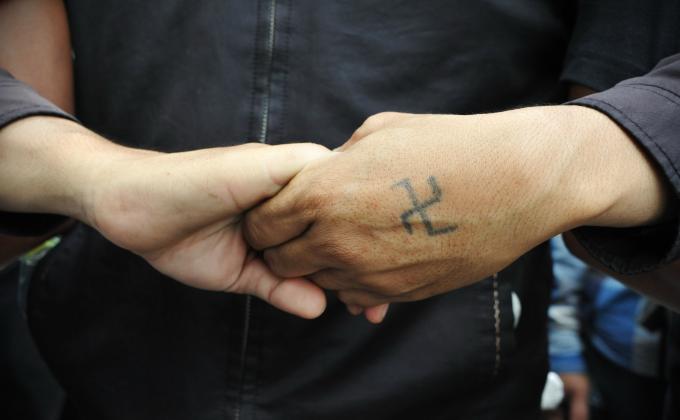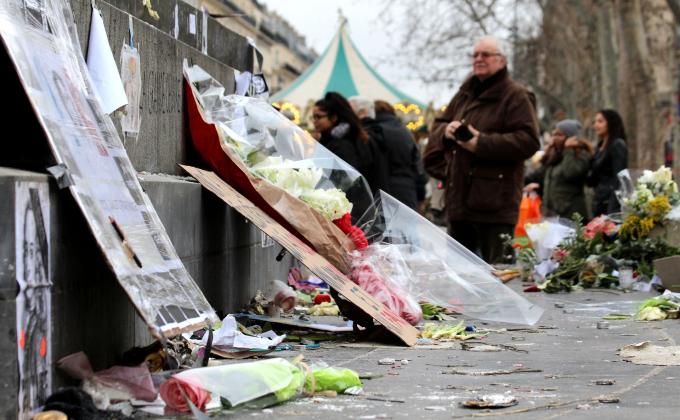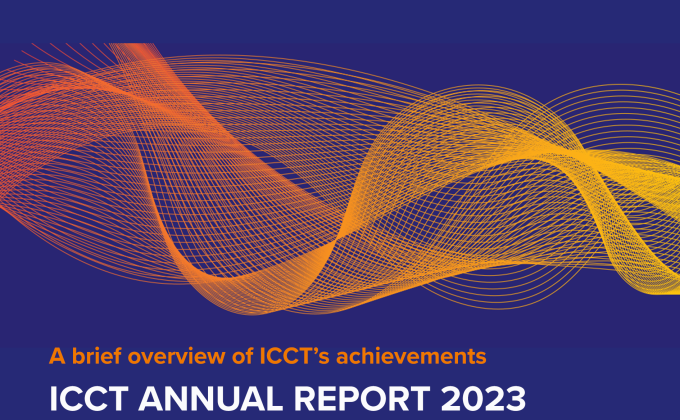The Research Paper opens with a conceptual discussion about definitions of ‘organised crime/groups’ (OCGs) and ‘terrorism/terrorist groups (TGs)'. It distinguishes between four types/levels of ‘links’ between OCGs and TGs and identifies two special types of violent hybrid organisations. It first summarises the main findings of a background report on the links between transnational organised crime groups and international terrorist groups, prepared by the author for the UN Crime Commission in the mid-1990s. After presenting key aspects of transnational OCGs and TGs in the 1990s, and comparing some of the features noted then to the situation today, the paper elaborates key differences and similarities between these two types of organisations. In the mid-1990s, transnational organised crime groups and terrorist organisations were decidedly distinct, linked in some ways but separated in more important other ways. Today the situations has evolved as there are new features not prominent in 1996. Looking at the present situation, the paper notes that recruiters of OCGs and TGs in Western diasporas increasingly fish in the same pool of mainly ethnic youth gangs and petty criminals. Another novelty is the role of prisons where convicted terrorists have successfully radicalised common petty criminals and members of OCGs. The report also draws attention to the situation in Sub-Saharan Africa where some smuggling and trafficking networks and jihadist networks have assumed a hybrid character. The criminalisation of some states and the involvement of government officials in organised crime or in supporting terrorism is also addressed. Concluding, the Research Paper notes an increase in both organised crime and terrorism since the mid-1990s but sees the main cause for this not so much in greater and deeper links between terrorist and organised crime groups but in the development of in-house capabilities of organised crime methods by TGs and terrorist tactics by OCGs and - more importantly - in changes in their operational environments due to, inter alia, globalisation and the role of the Internet. While the links between TGs and OCGs are a matter of serious concern for the international community, the far greater problem is that increasingly past and present political power holders are involved as third parties, whereby state facilities (e.g. diplomatic channels) are used as vehicles and cover for violent and predatory crimes across international borders. The paper also features an extensive, up-to-date bibliography on the nexus between international terrorism and transnational organised crime.
Back to publications
Research Paper
29 Aug 2018








